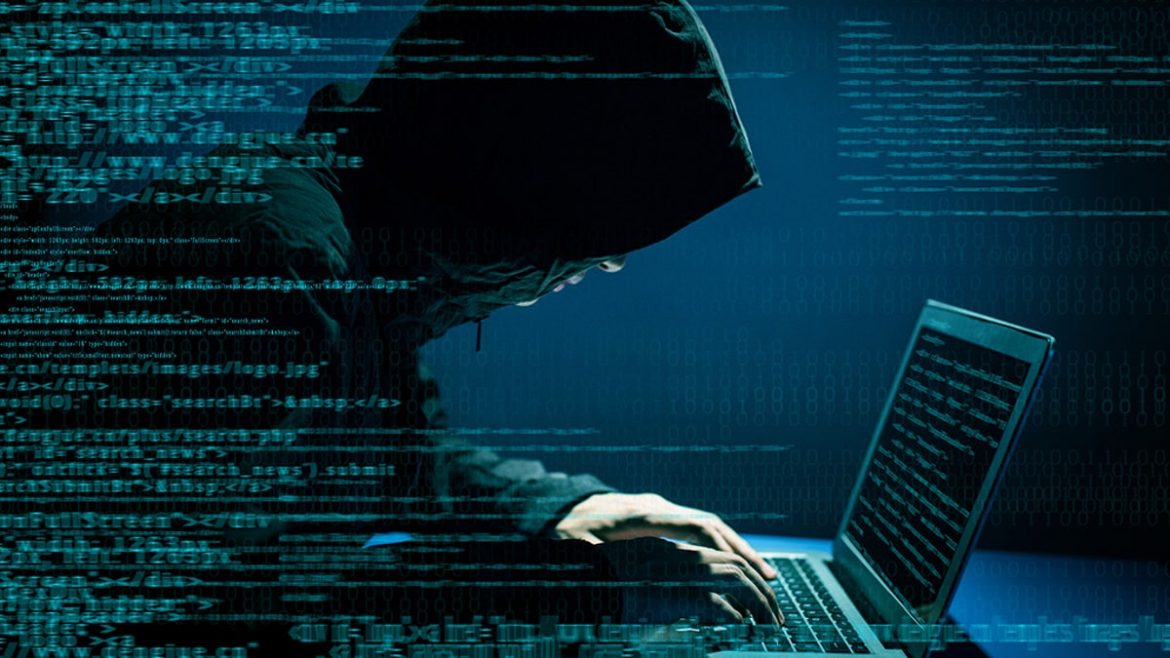deep
An Israeli AI cybersecurity start-up, Clarity, has developed software to detect and protect against deepfakes and recently raised its first $16 million in seed money.
Co-founder Michael Matias, who was an Israel Defense Forces (IDF) officer and leader in the 8200 Intelligence Unit, told Fox News Digital he was focused on democracy and how AI and cybersecurity will reshape the way we treat our democratic institutions, but he couldn’t find any solutions that are adaptive to this new world cybersecurity virus.
He says Clarity’s technology is a new defense mechanism of warfare.
Matias said he thinks of Clarity’s technology as a water filter mechanism, adding, ‘There is a bunch of water, but a lot of it has bacteria, so we developed these filter mechanisms so that when it gets to the consumers, it is filtered out. If it’s not fully filtered out, at least the consumer knows that there is some anomaly or some dirt in there.’
Sensity AI, a company that monitors deepfakes, reported that there were 49,081 deepfake videos posted online in June 2020 and videos rose to 85,047 by December that same year.
Matias says Clarity’s early vision was centered around their assumption that deepfakes will emerge substantially in the 2024 elections, but in October things took a turn. A big catalyzing moment for Clarity was the start of the Israel-Hamas war on Oct. 7, when anything that wasn’t ready at the time needed to be ready in a matter of days and not months while working with the Israeli government and media outlets.
Matias says his team is predominantly Israeli, coming out of the IDF, so the war was a subject that hit very close to home.
‘The [Israel-Hamas] war showed us that the public perception is a big, big piece of everything that’s going on … especially when it comes to situations of hostages [with] many unknowns … what’s happening in digital media where every person is a journalist with their own phone and every person has their own news channel on their items on Telegram or Twitter or TikTok.’
He added that many ‘understand that we’re not just fighting a war on the physical [front] … [it’s a] digital fight as well.’
The Anti-Defamation league found that deepfake videos gained a lot of traction during the Israel-Hamas war with examples of videos presenting fictionalized ‘commentary’ on the war from public figures.
Bloomberg also reviewed dozens of deepfake videos of Israel-Hamas war victims, which appear designed to generate both sympathy and virality, though their creators are often anonymous. A tragic death is covered by the news, and within days or even hours, users post videos of that person’s likeness talking about how they died. The format for the trend usually includes an introduction from the perspective of that person and a deepfaked image of them on the screen telling the story of how they died.
Matias says the funding will support Clarity in doubling staff and expanding its research and development operations.
‘Deepfakes [are] almost like a virus pathogen. It’s very similar to how COVID-19 acts; it replicates quickly, it is exposed quickly. Just like a virus, you need to develop the antivirus for it. And it’s not one vaccine, it’s not a one AI model that just implements. You actually have to develop multiple different models where they also continuously update and continuously transform and are able to adapt to different forms of the virus.’
